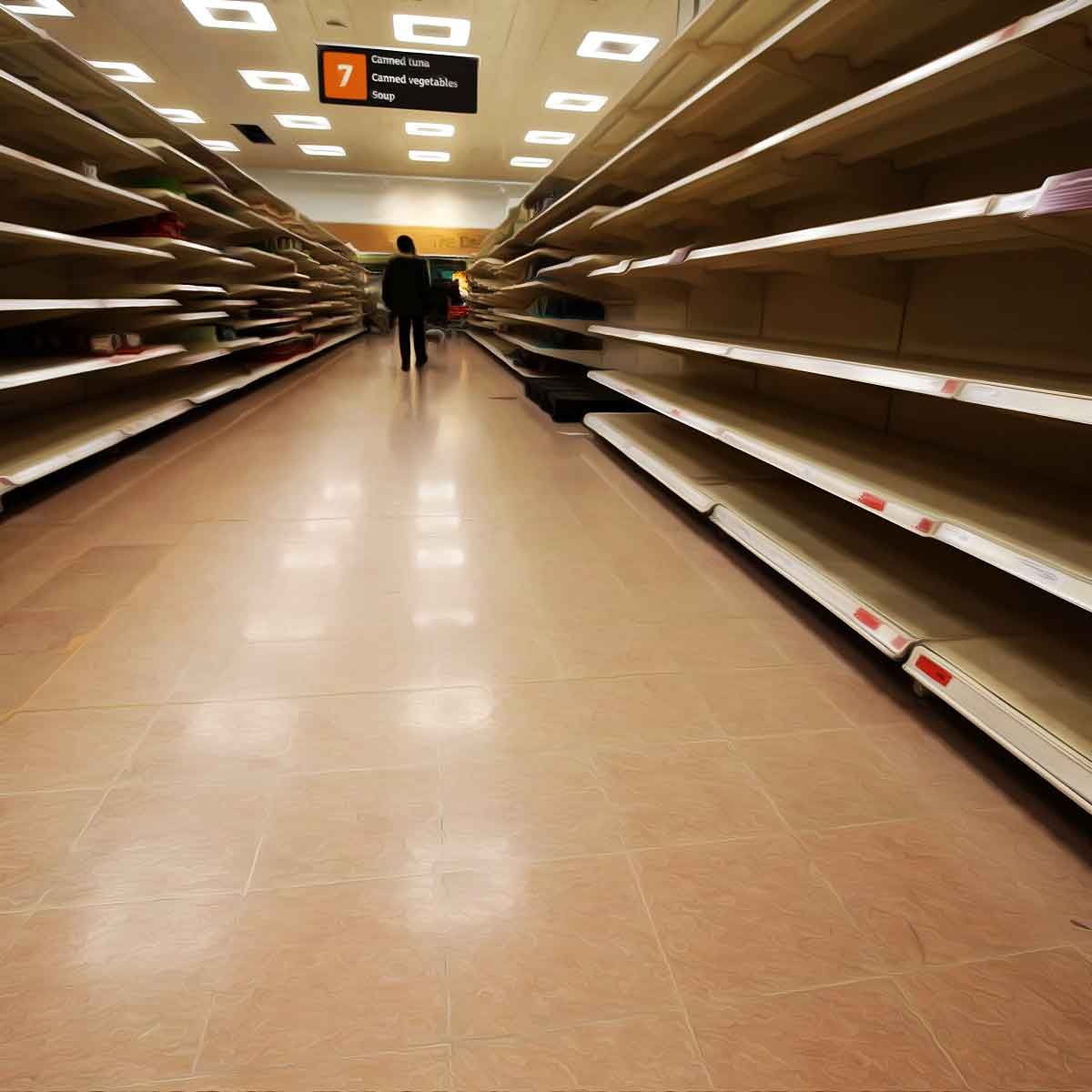This is the kind of innovation we’ll need to reach our net zero and food security goals, but the UK isn’t making it easy. Last year, the company had to abandon a plan to build two greenhouses between a sewage work and an abattoir in Wrexham, Wales. The local planning office rejected the proposal for reasons related to its location in the countryside and impact on the landscape — grounds that were later found to be unjustified upon an appeal. It was eventually approved, but by then the government’s non-domestic Renewable Heat Incentive scheme had ended, meaning the project had to be ditched.
Oasthouse Ventures is now hoping to get planning permission for two other lo- carbon greenhouse projects in England which, if approved, would produce 54,400 tons of tomatoes a year. In 2021, the UK produced just 68,300 tons, so it’d nearly double the UK’s tomato production. But the Wrexham incident has cost a lot of money and time. Allen says the company is now also looking at expanding to the US, citing a more pro-business attitude than in the UK.
It’s a frustrating example of how red tape, NIMBYism, and a lack of long-term thinking in government are holding back both food security and the net zero transition. Britain needs a radical overhaul of its land use, food, and planning strategies, and quickly.
There are plenty of other solutions that the UK, and others, will need to get behind in order to strengthen food security, such as embracing technologies including vertical farming, precision fermentation, and genetically-modified crops. Regenerative agricultural methods show promise in improving both yields and biodiversity. Growers have called for a more reliable workforce and fairer retail negotiations, as well as investment into better water capture and storage to stave off droughts. The UK is likely to always be dependent on imports, but it could also diversify its suppliers so that when drought hits one region, the risk is mitigated.
This won’t be the last time that climate change threatens to empty supermarket shelves. - (Source - washingtonpost.com)
You can blame the weather and Brexit. But there’s more to the UK’s food supply crisis - Jay Rayner
In October 2014 I (Jay Rayner) told the Defra select committee that we needed to start paying more for our food. If we did not do so, we risked paying vastly more later and experiencing shortages in supply, resulting in empty shelves. For decades the supermarket sector had been given a free run at our food supply chain by governments of both stripes. Just a dozen companies then controlled 95% of UK food retail and used that economic might to force such drastically tight deals on producers that many had gone out of business. Our self-sufficiency had withered. We were now, I said, at serious risk from external shocks disrupting our food supply because we were so dependent on imports.
I didn’t expect one of those external shocks to be self-inflicted, but then the Brexit vote came along. Anyone with even a passing knowledge of how deformed our food system had become knew it would have a drastic impact.
And now here we are in 2023, with shelves emptied of salad vegetables and rationing in supermarkets. Is it solely a product of our leaving the EU? No, of course not – a fact that bug-eyed Brexiters cling to. Yes, there have been weather issues. But isn’t it curious that the supply problems we have here are not being replicated in France, Spain or even Ukraine; that social media is plump with pictures of their stores groaning with fresh produce?
We are capable of growing salad vegetables under glass in the UK all year around – not enough to meet supply, but certainly enough to deal with shortfalls. There are those who claim grandly that there’s something intrinsically distasteful and wrong about eating such foods out of season; that, as environment secretary Thérèse Coffey said last week, we should make do with turnips. That’s to misunderstand the history of agriculture. Humanity has been interfering with how and when crops grow since wild grasses were first domesticated on the banks of the Nile thousands of years ago. It’s called progress.
The problem is that growing salad vegetables in the UK has been made economically unviable, both by those shortsighted supermarkets and in large part by Brexit. Growers in the Lea Valley around London, regarded as Britain’s salad bowl, have started applying to knock down dozens of acres of greenhouses so the land can be used more profitably for houses. As the Lea Valley Growers Association has explained, the post-Brexit seasonal workers’ scheme only granted six-month visas when they were needed for nine months. It meant bringing in two cohorts and doubling the training. That means extra costs which are not being met by supermarkets.
Then came the energy crisis. The government chose not to subsidize the energy costs of growers. Last week APS Group, one of the largest tomato growers in the country, admitted it had left some of its glasshouses unplanted for the first time in almost 75 years.
Some will argue that the supermarkets are refusing to pay more because they can’t pass on the costs to already hard-pressed consumers battling a cost of living crisis; that to suggest we should pay more for our food when so many are reduced to using food banks is a grossly insensitive argument made from a place of affluence. But if we structure our food system so that those in poverty can access it, we will only further damage our agricultural base. We need on the one hand to deal with the functioning of our food system and on the other with poverty, with a chronically unequal distribution of wealth. We need to stop talking about food poverty and just call it poverty.
Turning to overseas markets for our supply when there has been disruption does not, of course, make things cheaper. It makes them vastly more expensive. The supermarkets have been able to get some stock, but wholesalers supplying other parts of the economy, like the hospitality sector and independent shops, have been left very short. Supermarket rationing has been introduced in part to stop those smaller businesses from buying what they need from supermarkets.
And why is the UK not being supplied as once it was? Could it have something to do with getting trucks through borders mired in post-Brexit paperwork? Dutch lorry drivers complained last week on social media about border checks adding hours to their shifts. Far easier, then, to get stock to supermarkets across a borderless Schengen zone.
This is the problem with running down British agriculture and depending on imports. In 2006, Labour published a paper on food security nicknamed in food circles the “leave it to Tesco” report because it argued that in a globalized world, a rich UK could buy its way out of any supply issues. It failed to recognize the growing dominance of emerging economies like India and China, which were buying the crops we wanted. But at least we had the EU and the ease of supply. And then we left it.
In a few weeks, perhaps a few months, the current problems will ease. The shelves will fill again. Those with an interest in doing so will insist it was just a blip. It isn’t just a blip. It’s a symptom of a dysfunctional food system. It’s a symptom of an overly mighty supermarket sector failing to behave like the custodian of the food supply chain it has become. And yes, it’s also a symptom of Brexit.
References:
theguardian.com





























